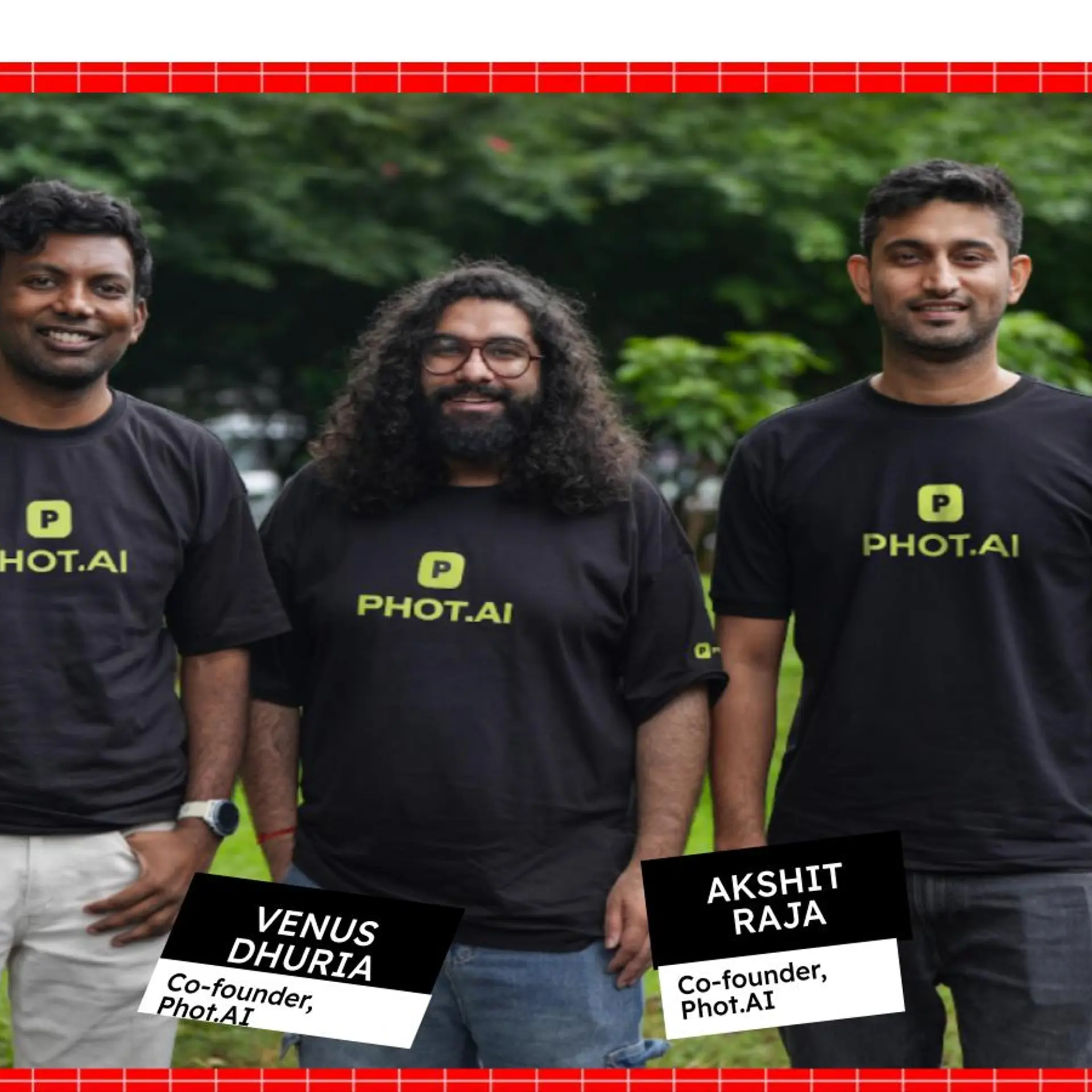How Wello’s WaterWheel easens the burden of women collecting potable water
Cynthia Koenig has spent a decade in remote parts of developing countries like Mexico, Bhutan and Guatemala. “While based in a remote village Mexico, I saw firsthand how water collection affects the physical and emotional faculties of women and disproportionately affect their access to opportunity,” says Cynthia. Many women across the world spend about 25 per cent of their time collecting water and accessing clean water is a big problem. Curious about whether a business approach to poverty alleviation might offer solutions, Cynthia paused her career in sustainable tourism in order to pursue an MS/MBA at the Erb Institute for Global Sustainability at the University of Michigan.
During her course, Cynthia launched Wello, a social venture with the goal to deliver clean water to a thirsty world. “We design products and solutions that people not just need, but want,” she says. Along her journey, Cynthia met Shradha Rao who has a career spanning the fields of finance, advertising, brand management, innovation design and entrepreneurship. Shradha came in as a core member to lead Wello’s activities in India, and currently Wello has a footprint in India, Zambia and Pakistan.
So, what is a Wello Wheel?
Picture a woman carrying a pot of water for miles on a hot sunny day. Now, reimagine that pot as a larger ergonomic wheel which can be rolled by a steering attached to it. That is a Wello Wheel.

Seventy-six million people in India lack access to an improved water source, putting them at risk for waterborne diseases. Exacerbating the problem of poor water quality is inequitable access. Out of 35 Indian States, only seven have achieved full coverage of providing a protected water source for their villages. Large segments of the population don’t have access to improved water sources at all, and are forced to travel long distances in search of clean water, or purchase it from vendors at exorbitant prices. This is the problem Wello Wheel is tackling.
Interestingly, their first sale was in Rajasthan, where tribal village leaders negotiated the purchase of their first rough WaterWheel prototype in exchange for locally-woven camel hair rugs. After validating the product, they worked with local manufacturers to fabricate the products. “From day one, we’ve always been intent on creating value for our consumers. The most efficient way to measure value is through a cash transaction; today our WaterWheels retail at Rs 2000 to 2500 depending on the location and availability of financing,” says Shradha.
The team at Wello is experimenting with a few potential channels to determine the most effective way to make WaterWheels available to consumers. “Traditional distributors, NGOs and micro-finance institutions are the channels we’re currently experimenting with..Our current focus is on Maharashtra, but we also retail WaterWheels to customers far and wide,” says Cynthia.
As a company, Wello looks at itself as a design venture which builds innovative products for the rural market. Talking about the road ahead, Cynthia says, “Wello is at an exciting point in our history. Over the past few months, we commercialised our first product, the WaterWheel 2.5, sold out on our first production run, and we added two new products to our R&D pipeline.” The company is currently recruiting for roles in their operations and sales teams. Wello is also looking for investments and advisors to grow the company.
Website: WelloWater







